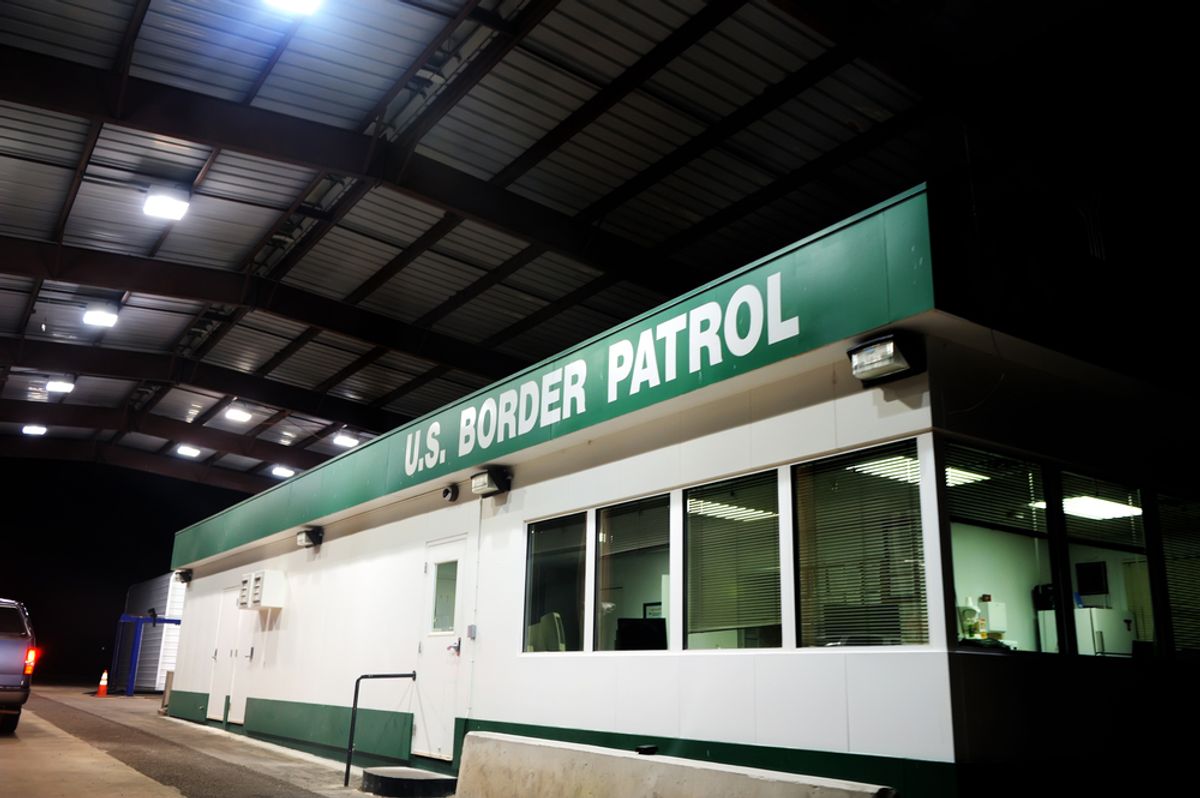
Late last year, Reveal from The Center for Investigative Reporting filed a lawsuit against the Department of Homeland Security for failing to respond to our request for public information. Earlier this month, we amended the complaint after we received an incomplete response from the agency, which repeatedly has failed to fulfill its obligations under the law.
Here’s how it started: Last summer, we ran a story about a surprising immigration case. While one part of the federal government wanted to give migrant kids a green card, another one wanted to deport them.
What explains the internal conflict? An often under-the-radar policy called expedited removal, which allows immigrants caught at U.S. bordersto be immediately deported without the chance to make their case in front of a judge. I found some cases in which U.S. citizens had been wrongfully deported.
At the same time, expedited removal was getting renewed attention because President Donald Trump had issued an executive order soon after he assumed office that called for expanding the use of the policy beyond borders, to the entire United States.
It seemed like a good time and place to do some digging on the topic. As part of the reporting I was doing on the case of the migrant kids, I filed a Freedom of Information Act request with U.S. Customs and Border Protection, which is a division of the Department of Homeland Security. I asked for documents that would help me understand the policies and procedures that Border Patrol agents use when deporting someone through expedited removal.
My underlying reason for this request was simple. Expedited removal gives agents extraordinary powers over migrants’ lives. I wanted to understand how agents decide to put someone into expedited removal, what kind of discretion they have and how they are instructed by the government to go about using this quickfire deportation policy.
I then moved on to producing an article and a radio segment with my colleague Andrew Becker about the potential expansion of expedited removal. We hoped that we would begin to receive materials from the government before we completed that reporting in late October.
We never did. So we filed a lawsuit against the Department of Homeland Security on Dec. 19.
The day after the lawsuit was filed, I finally received a response from Customs and Border Protection. The agency said it had located 166 pages of relevant materials but was withholding 121 of them entirely. Of the nine pages the agency released, every one of them was redacted in some way. The agency also said several pages already were public and gave us two web links. Both of those links were broken.
So earlier this month, we filed an amended legal complaint. The latest version argues that Customs and Border Protection not only failed to respond in a timely manner to my FOIA request, but also that its search was insufficient.
We know, for instance, that Customs and Border Protection didn’t turn over all relevant documents because we have learned that additional materials were disclosed to other news or legal groups.
So our battle for public information continues. We’ll keep you updated on our progress as we fight to get ahold of documents that will help us answer a straightforward question: What does the government tell a Border Patrol agent about who to send home and who to let in to the country?



Shares